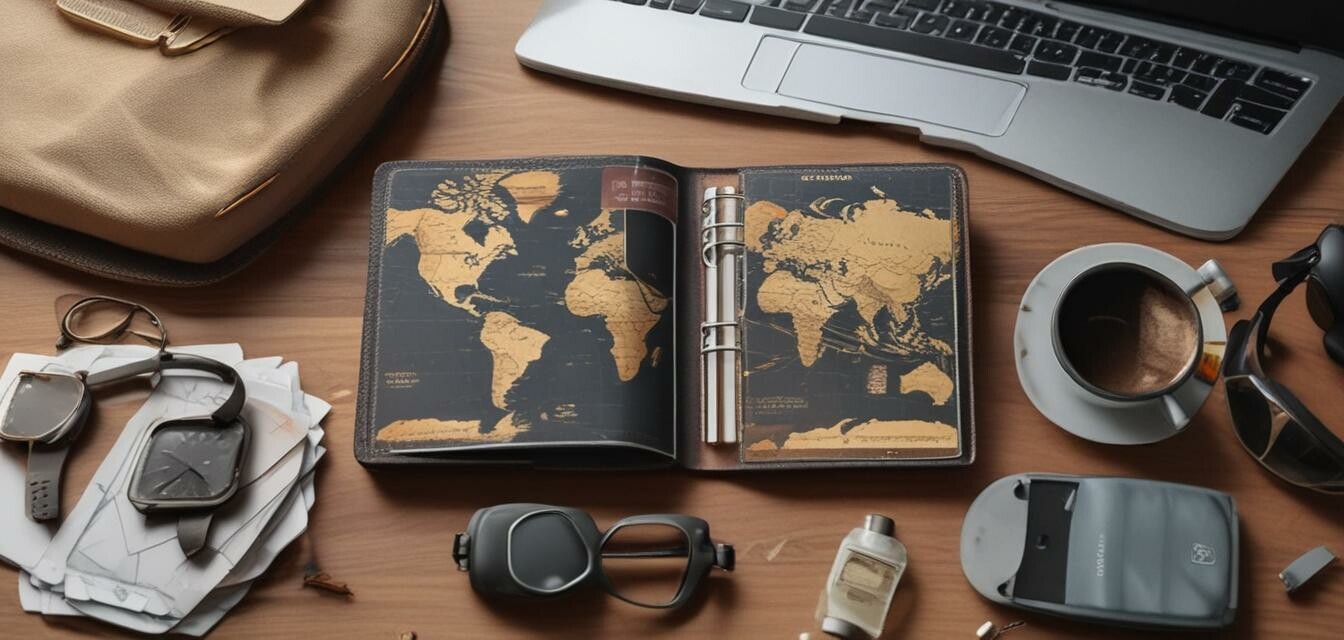
How to keep your SIM card safe while traveling
Key takeaways
- Proper storage is key to protecting your SIM card from theft and loss.
- Use a reliable SIM card case or organizer for easy access and security.
- Be aware of your surroundings, especially in crowded areas.
- Consider utilizing a phone with dual SIM capabilities for added flexibility.
- Regularly back up your essential contact and data information.
Traveling can be a rewarding adventure, but keeping your SIM card safe is crucial to ensure uninterrupted connectivity. A lost or stolen SIM card can lead to unnecessary costs, data breaches, and inconvenience. Here, we'll explore essential tips on how to secure your SIM card while on the go.
Understanding the importance of SIM card safety
Your SIM card is the gateway to your mobile service, storing not only your phone number but also your contacts and text messages. Losing your SIM card or having it stolen can lead to unauthorized access to your data, which is why prioritizing its safety is necessary.
Why is your SIM card at risk while traveling?
- Increased handling: Frequent insertion and removal of your SIM card can lead to loss.
- Theft: Touristy areas can attract pickpockets; keeping your SIM card visible can be risky.
- Misplacement: Busy itineraries can result in leaving your SIM card in hotel rooms or other locations.
Ways to keep your SIM card secure
1. Use a dedicated SIM card case or organizer
A SIM card case or organizer can provide a secure storage solution, preventing damage and misplacement. Consider organizing your SIM cards in such a way that you can identify your active card quickly.
| SIM Card Organizer Features | Benefits |
|---|---|
| Compact Size | Easy to carry without taking up much space |
| Secure Closure | Prevents accidental openings and loss |
| Multiple Slots | Store multiple SIM cards for various travels |
2. Be mindful of your belongings
Always be aware of where your SIM card and device are, especially in crowded areas. Here are a few tips:
- Keep your phone in your front pocket or a secure bag.
- Invest in a secure bag that is difficult for thieves to access.
- Practice situational awareness; trust your instincts if you feel uncomfortable.
3. Consider dual SIM phones
Using a dual SIM phone allows you to keep a local SIM along with your primary one, enhancing connectivity options without frequently swapping cards. This also reduces the risk of losing your SIM because you have a backup ready at hand.
4. Regularly back up your contacts
Frequent travelers should back up their contacts and essential data. This ensures that even if your SIM card is lost or stolen, you won't lose important information. You can do this through:
- Cloud services like Google Drive or iCloud
- Exporting contacts to your computer
- Using apps designed for data backup
5. Protect your device with a passcode
Using a strong passcode on your phone assists in ensuring that even if your SIM card is stolen, no one else can access your data. Use features like:
- Fingerprint or face recognition
- Device encryption
- Remote wipe options if your device gets lost
Pros
- Enhanced safety for your data and contacts.
- Increased accessibility and ease of use with organized SIM storage.
- Peace of mind when traveling without fear of accessing emergency services.
Cons
- Added responsibility of keeping your SIM card secure.
- Potential costs for additional accessories like a SIM card case.
Conclusion
Keeping your SIM card safe while traveling requires diligence and proper organization. By following the tips mentioned, you can significantly reduce the risk of losing your SIM card, ensuring a more enjoyable travel experience. For more tips on navigating connectivity while traveling, check out our Connectivity Tips section.